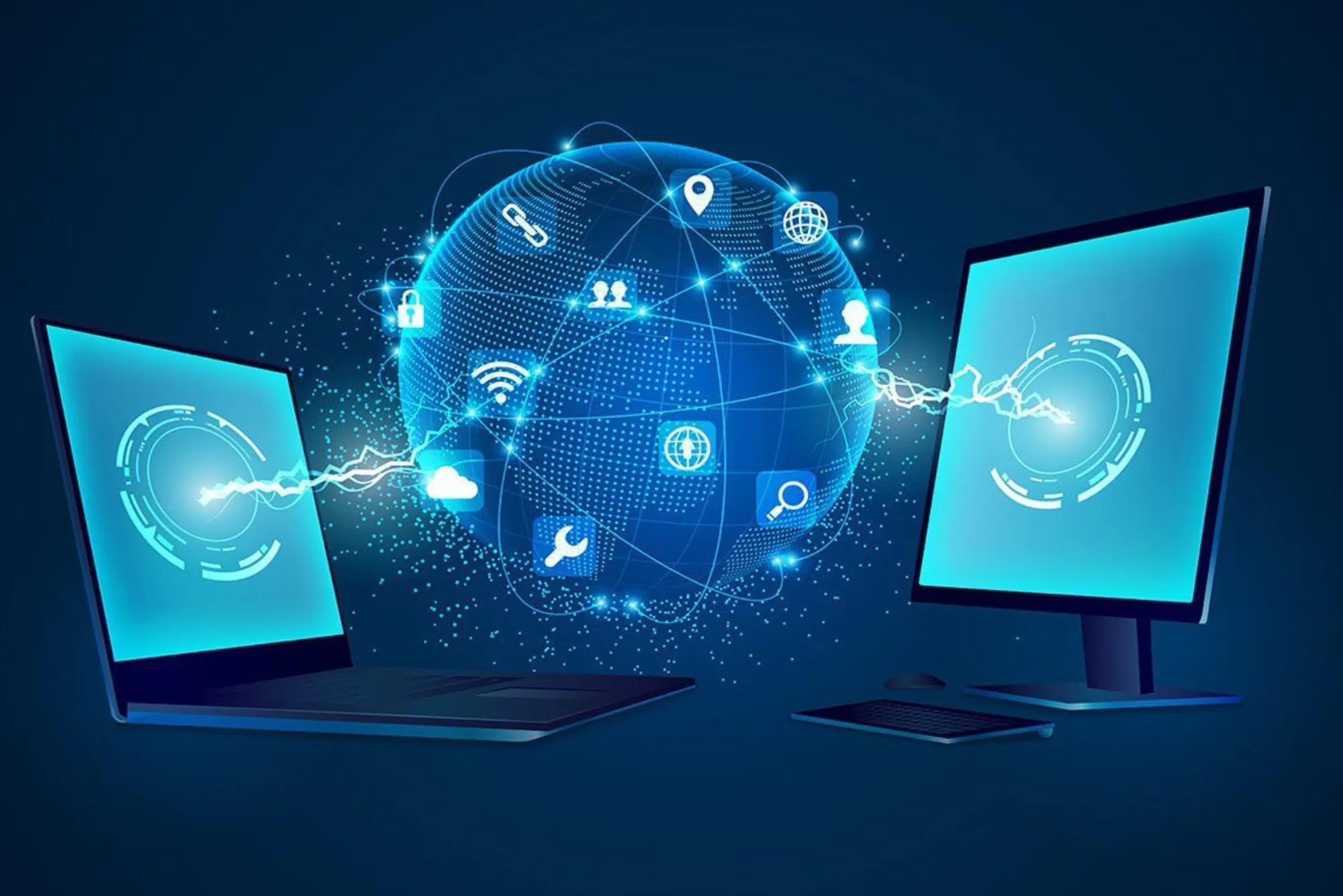Information Technology (IT) is one of the fastest-evolving fields today, shaping everything from business operations to personal communication. As technology continues to advance, understanding the basics of IT has become essential. In this article, we’ll cover the essentials of Information Technology, its key components, applications, career opportunities, and the future of the industry.
Definition of Information Technology
What is Information Technology?
Information Technology, or IT, refers to the use of computers, networks, and digital systems to manage and process information. IT encompasses a broad range of activities, from data management and software development to communication systems. In simple terms, IT is any technology that helps us handle, store, and transmit information efficiently.
Brief History of IT
The history of IT can be traced back to early computing machines, such as the abacus and mechanical calculators. However, the real evolution began with the invention of electronic computers in the 20th century. Since then, IT has grown rapidly, from mainframe computers to personal computers, the internet, and now cloud computing and artificial intelligence. These advancements have transformed how we communicate, work, and manage information.
Key Components of Information Technology
Hardware
Hardware includes the physical components of IT, such as computers, servers, and storage devices. These devices are essential for storing, processing, and accessing information. From desktops and laptops to data centers and networking equipment, hardware is the foundation of any IT infrastructure.
Software
Software refers to the programs and applications that run on hardware devices. This includes operating systems like Windows and Linux, applications like Microsoft Office, and programming languages used for software development. Software enables users to perform various tasks, manage data, and communicate across networks.
Networks

Networking is a core aspect of IT, allowing devices to connect and communicate. Networks range from local area networks (LANs) used in homes and offices to global networks like the internet. Networking technologies, including routers, switches, and wireless systems, make data sharing and communication possible.
Data Management
Data is a valuable resource in IT, and managing it is crucial. Data management involves storing, organizing, and securing information. Databases, data analytics, and cybersecurity are all essential for effective data management. As data grows in volume, IT professionals focus on maintaining data security, privacy, and accessibility.
Types of Information Technology
Information Systems
Information systems are specialized software applications designed to support business operations. Examples include Enterprise Resource Planning (ERP) systems, Customer Relationship Management (CRM) systems, and inventory management systems. These systems help businesses operate efficiently and make data-driven decisions.
Communication Technology
Communication technology in IT includes tools like email, VoIP (Voice over IP), and video conferencing platforms. These technologies have revolutionized how we communicate, allowing instant messaging, virtual meetings, and remote work, which is particularly valuable in today’s globalized economy.
Cloud Computing and Virtualization
Cloud computing allows users to store and access data remotely rather than on local devices. This has transformed IT by making data storage and software accessible from any internet-connected device. Virtualization, a related concept, allows multiple virtual systems to run on a single physical system, maximizing resources and reducing costs.
Artificial Intelligence and Machine Learning
Artificial Intelligence (AI) and Machine Learning (ML) are fields within IT focused on creating systems that can learn and make decisions. AI applications include image recognition, natural language processing, and predictive analytics. These technologies are reshaping industries, enhancing automation, and unlocking new possibilities in IT.
Applications of Information Technology in Daily Life
Business and Industry
In the business world, IT is used for everything from inventory management to customer service. Companies rely on IT systems to streamline operations, manage data, and communicate with customers. IT also plays a critical role in digital marketing, online transactions, and data-driven decision-making.
Education
IT has transformed education by providing digital resources, online learning platforms, and collaborative tools. Students and teachers can access vast libraries of information, take courses online, and communicate through virtual classrooms, making education more accessible and flexible.
Healthcare
Healthcare relies heavily on IT for managing patient records, diagnostics, and telemedicine services. Health Information Systems (HIS) allow medical professionals to store and access patient information securely, while telemedicine technology enables remote consultations, making healthcare more accessible.
Personal Use

IT impacts personal life in various ways, from smartphones to home automation. Social media, online shopping, streaming services, and smart home devices are all powered by IT, enhancing convenience, connectivity, and entertainment in everyday life.
Careers in Information Technology
Popular IT Roles
The IT industry offers a wide range of careers, including:
- Software Developer: Designs and creates software applications.
- Network Engineer: Manages and troubleshoots network infrastructure.
- Data Analyst: Analyzes data to help organizations make informed decisions.
- IT Support Specialist: Provides technical assistance to users.
These roles require specific skills and expertise, and the demand for IT professionals continues to grow as technology advances.
Skills Needed in IT
Key skills for IT professionals include programming, networking, problem-solving, and analytical abilities. Knowledge of cybersecurity, cloud computing, and data management is increasingly valuable as companies prioritize data protection and remote access.
Education and Certifications
A career in IT often requires formal education and certifications. Degrees in computer science, information systems, and related fields provide a strong foundation. Additionally, certifications like CompTIA, AWS, and Cisco are recognized industry credentials that validate expertise and improve career prospects.
Future of Information Technology
The future of IT looks promising, with several emerging trends set to shape the industry. Artificial Intelligence, the Internet of Things (IoT), quantum computing, and advanced cybersecurity measures are among the exciting developments in IT. These technologies are expected to enhance automation, improve data analysis, and increase connectivity, making IT a critical component of future innovation across all sectors.
Information Technology is an essential part of modern society, impacting every aspect of daily life and business. From managing data to enabling communication and supporting advanced technologies, IT is foundational to today’s digital world. Whether you’re exploring IT as a career or simply looking to understand its basics, this field offers endless opportunities for learning, growth, and innovation.






